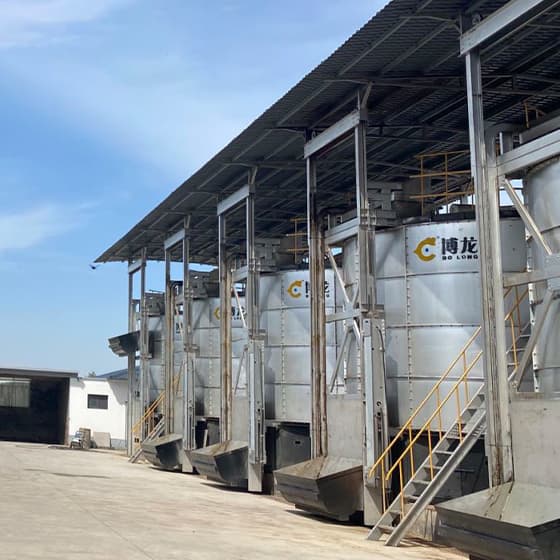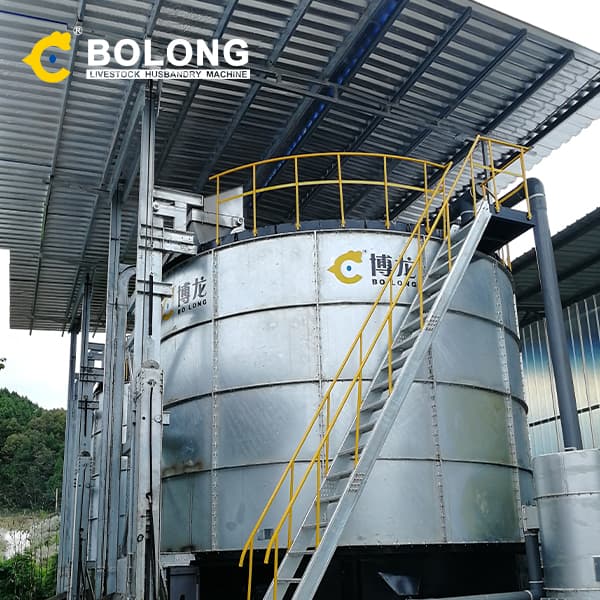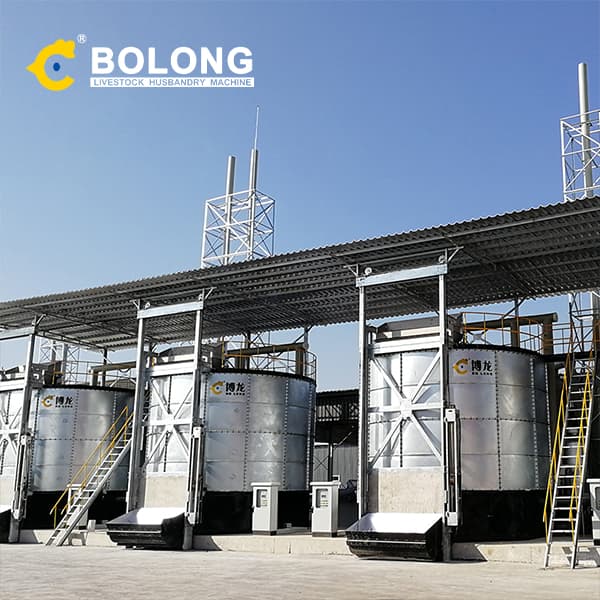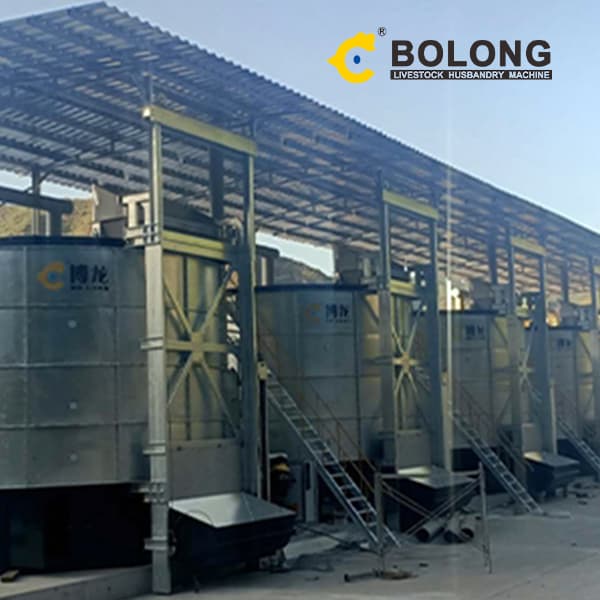Fermentation Tanks and Agricultural Policy Compliance
Introduction: Agricultural policies often include regulations on manure management and environmental protection. Livestock fermentation tanks help farms comply with these policies. This article explores the role of fermentation tanks in agricultural policy compliance.

Environmental Regulations: Fermentation tanks help farms comply with environmental regulations by reducing nutrient runoff, greenhouse gas emissions, and water pollution. This supports sustainable farming practices and regulatory compliance.
Nutrient Management Standards: Fermentation tanks produce compost that supports nutrient management standards. The controlled release of nutrients from compost aligns with policy requirements for balanced fertilization.
Sustainability Incentives: Many agricultural policies offer incentives for adopting sustainable practices. Fermentation tanks qualify for these incentives, reducing the financial burden on farms and encouraging sustainable manure management.
Case Study: A dairy farm installed fermentation tanks to comply with local environmental regulations. The farm reduced nutrient runoff and emissions, receiving sustainability incentives and achieving regulatory compliance.

Conclusion: Livestock fermentation tanks support agricultural policy compliance by reducing environmental impact, supporting nutrient management standards, and qualifying for sustainability incentives. These benefits help farms meet regulatory requirements and promote sustainable practices.
-
 innovative animal dung composting tank24-08-31Sustainability | Free Full-Text | Optimization and Experiment Jul 21, 2023 · As livestock and poultry farming expands in China, the generation of fecal waste has significantly increased. Inadequ...
innovative animal dung composting tank24-08-31Sustainability | Free Full-Text | Optimization and Experiment Jul 21, 2023 · As livestock and poultry farming expands in China, the generation of fecal waste has significantly increased. Inadequ... -
 high-quality organic fertilizer composting system24-08-31Compost 101: A Beginner’s Guide to Organic Composting Dec 13, 2023 · Discover the essentials of organic composting with our comprehensive beginner's guide. Learn how to transform kitchen and gard...
high-quality organic fertilizer composting system24-08-31Compost 101: A Beginner’s Guide to Organic Composting Dec 13, 2023 · Discover the essentials of organic composting with our comprehensive beginner's guide. Learn how to transform kitchen and gard... -
 reliable chicken dung compost vessel24-08-31Chicken Manure Compost in Just 18 Days - Salt in my Coffee Jul 2, 2024 · That happens to be the perfect balance for a good hot compost pile. And from what I could see, the deep layers of pine sha...
reliable chicken dung compost vessel24-08-31Chicken Manure Compost in Just 18 Days - Salt in my Coffee Jul 2, 2024 · That happens to be the perfect balance for a good hot compost pile. And from what I could see, the deep layers of pine sha... -
 large scale poultry manure compost tank24-08-31easy operated large scale composting-Fermentation Control 2024/5/1/ · The activities of CMCase, β-Gase and FPase were detected at 0.365 U/g, 0.115 U/g and 0.096 U/g on day 0 of composting. As sho...
large scale poultry manure compost tank24-08-31easy operated large scale composting-Fermentation Control 2024/5/1/ · The activities of CMCase, β-Gase and FPase were detected at 0.365 U/g, 0.115 U/g and 0.096 U/g on day 0 of composting. As sho...